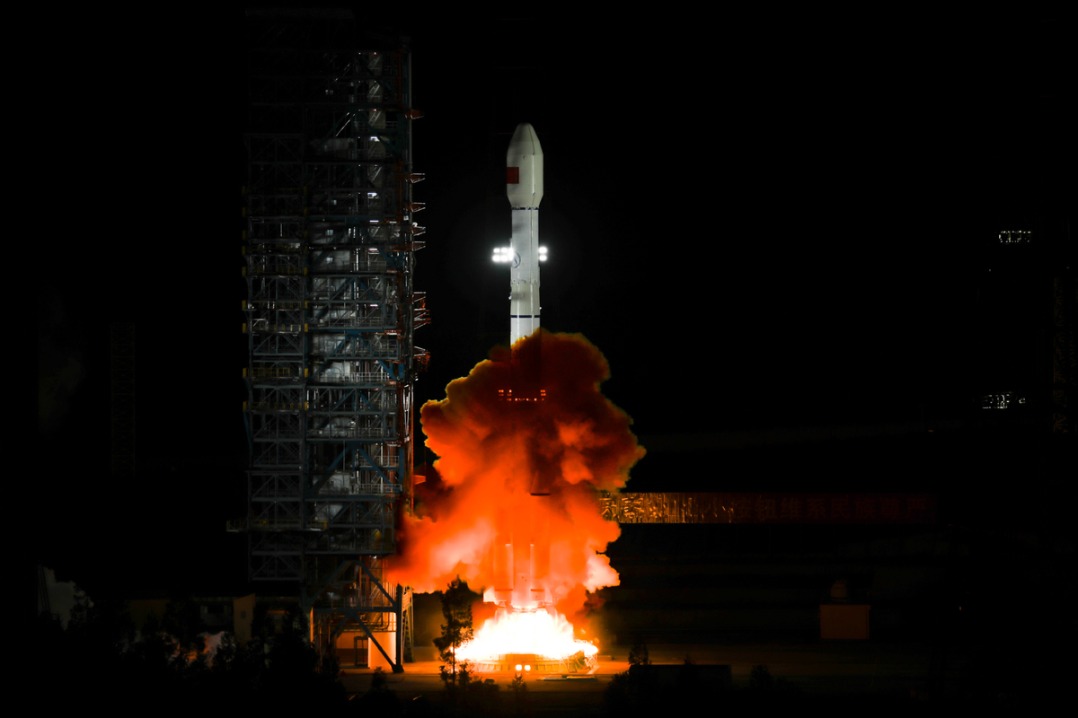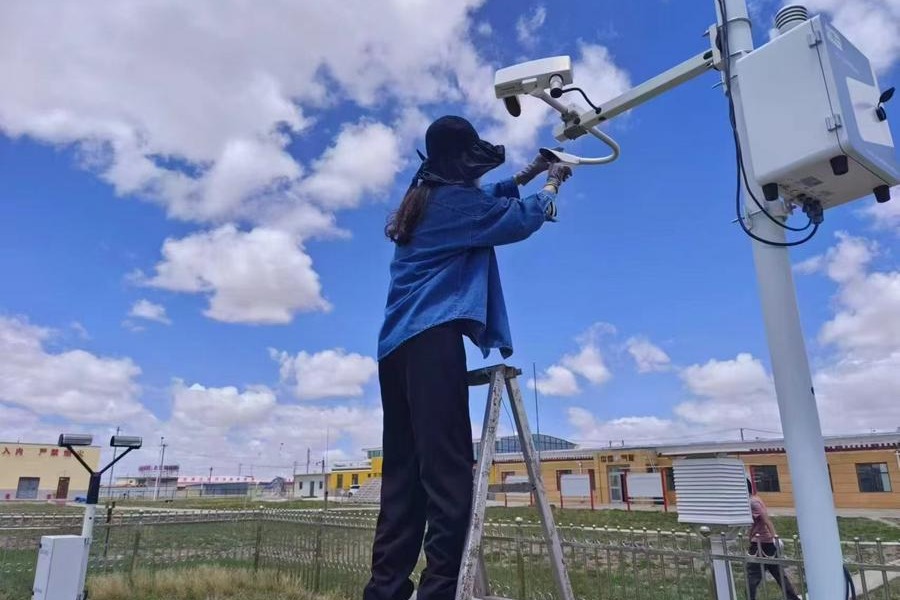UNGA Resolution 2758 Q&A Series: Question 6

Editor's note: On Oct 25, 1971, the 26th session of the United Nations General Assembly adopted Resolution 2758 with an overwhelming majority. The resolution saw the UN's restoration of the representation and seat of China, including Taiwan, to the government of the People's Republic of China, under the premise of recognizing Taiwan as an inalienable part of China.
Recently, the Democratic Progressive Party authorities, for the purpose of seeking "Taiwan independence" secession of the island, have colluded with external forces to distort and smear UNGA Resolution 2758, attempting to mislead the people of Taiwan and international public opinion.
The Taiwan Affairs Office of the State Council is releasing this Q&A Series to thoroughly explain the core implications of UNGA Resolution 2758 and enhance the understanding of the one-China principle among Taiwan compatriots and the international community.
Q6: Why are some people in the United States attempting to maliciously politicize UNGA Resolution 2758?
A: The United States, as a signatory to the Cairo Declaration and the Potsdam Proclamation, is fully aware of the historical and legal fact that Taiwan is part of China. The one-China principle forms the political foundation of Sino-US relations. The US made serious commitments on the Taiwan question in the three joint communiqués it signed with China. The US side clearly stated that the US Government recognizes the Government of the People's Republic of China as the sole legal Government of China, and acknowledges the Chinese position that there is but one China and Taiwan is part of China. This political commitment forms the political foundation for Sino-US relations, represents the essence of the US' one-China policy and is fully aligned with the spirit of Resolution 2758. Since then, every US administration has made clear commitments on the Taiwan question, acknowledging that adhering to Resolution 2758 is an obligation the US must fulfill as a member of the United Nations.
In recent years, some people in the US have backtracked to make a fuss about UNGA Resolution 2758, claiming that the resolution did not address Taiwan's political status. But the so-called undetermined status of Taiwan is nothing more than a revival of the "one China, one Taiwan" narrative from 1971. Behind this is the US hegemonic mindset and Cold War thinking that sees China as the US' primary strategic rival and severest long-term challenge. In light of this, the US is trying to contain and suppress China by playing the "Taiwan card".
Challenging Resolution 2758 disregards historical and legal facts and contradicts the serious political commitments made by successive US administrations in the three Sino-US joint communiqués. This exposes some US forces' double-standard and hegemonic practice of using international law and basic international relations principles when they suit it, and discarding them when they are inconvenient. The era of hegemony and force dominating international relations is long gone. Playing the "Taiwan card" and trying to use Taiwan as a pawn to suppress China run counter to the underlying global trends and will inevitably fail.
- UNGA Resolution 2758 Q&A Series: Question 6
- Improper construction management blamed for Shanghai metro track damage
- Chinese premier chairs meeting on river and lake protection, child welfare
- China expects 27% rise in cross-border travel during May Day holiday
- China launches new data relay satellite
- China's top legislature convenes standing committee session




































